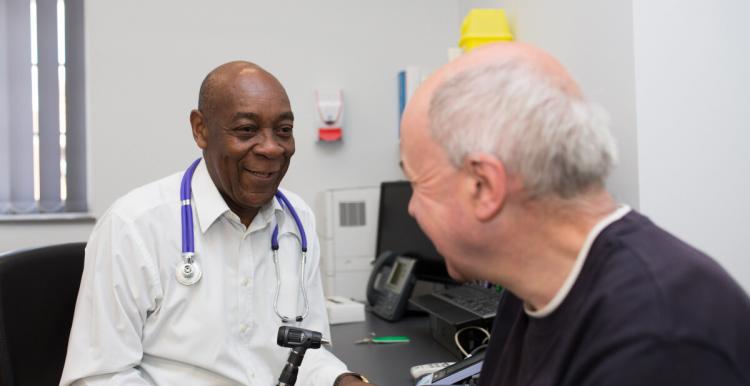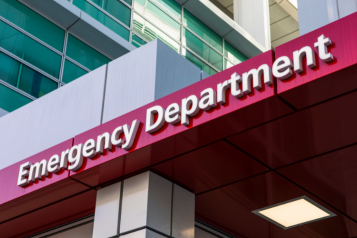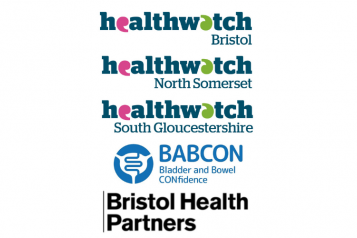How to register with a GP surgery

You also don't need to have an NHS number. Anyone in England can see a GP.
If you aren't registered with a GP, you can find your nearest surgery on the NHS website. Click here to find GP surgeries on your area.
It's best to contact a surgery by phone or email to ask if they're accepting new patients before you try to register. Their list may be closed to new patients, or you may live outside of their catchment area. If this is the case, try another surgery in your local area.
Doctors of the World have created GP access cards to encourage people to register with a GP. Click here to visit their website, or click the pink 'Download' button below to download a digital card for yourself or someone else. You could take this with you to show to a receptionist at the surgery when you register.
Downloads
If you have problems registering with a GP or need more information, you can call the NHS England Customer Contact Centre on 0300 311 2233 or visit www.nhs.uk/register.
A GP can also refer you on to other organisations, but you may not need to make an appointment with a GP to get the healthcare you need.
Our local NHS has created a new leaflet which explains how to access the right care:
- pharmacists can advise you on medicines and can help with common problems like coughs, colds, rashes and allergies. They can dispense emergency prescriptions and emergency contraception.
- call NHS 111 for free when you need help right away, but it's not life-threatening. You can also go to 111.nhs.uk. NHS 111 is available 24/7 and will guide you to the right service for your needs.
- Minor Injury Units (MIU) and Urgent Treatment Centres (UTC) can treat injuries that aren't life-threatening, such as minor broken bones, minor burns, sprains, cuts and spinters, and minor eye injuries. There are MIUs in Yate and Clevedon, and a UTC in Hengrove, South Bristol.
- A&E (also known as the Emergency Department) is for life-threatening emergencies such as loss of consciousness, fits that are not stopping, severe chest pain, breathing difficulties, stroke, severe bleeding, and feelings of self harm or suicide. If someone you know is experiencing an emergency, dial 999 or go to A&E.
If it's not an emergency or you're not sure which service you need, contact NHS 111.
You can download a copy of the leaflet below. The leaflet also contains a QR code, which you can scan for different language versions of the leaflet.


